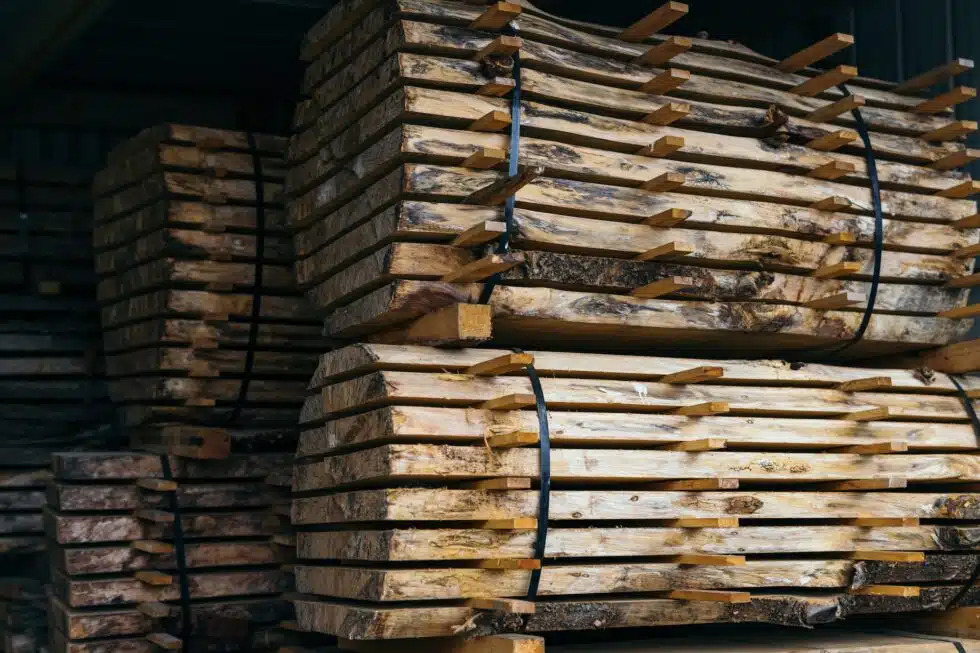UK homeowners face higher bills for renovation work as builders grapple with soaring material costs and shortages of essentials ranging from concrete and timber to taps and roof tiles in a booming housing market.
“It is a bit like going to Sainsbury’s and them not having any bread, milk or eggs in,” said Paul Bence, the managing director of builders merchants Bence, of the runaway demand for supplies that is emptying shelves. “Cement is our bread and butter and we would normally keep a good 10 days stock. We would not operate a ‘just-in-time’ model … but that’s effectively where we are right now.”
The overheating market for building materials has triggered widespread price increases of more than 10%, said Bence. He said the sharp rise meant builders, who price jobs months in advance, were in the difficult position of having to go back to customers and say: “I’ve got to increase the price of your job.”
The latest snapshot of activity in the country’s construction sector, published on Friday, showed April was another strong month for the trade, following on from March when firms reported the sharpest pickup in activity since 2014. However, the IHS Markit/Cips UK survey flagged up that input-cost inflation had increased for the seventh month in a row to its highest level since the survey began in 1997. Firms singled out particularly sharp rises in the cost of steel and timber.
Only a quarter of the materials used by the construction industry are imported but price increases in some areas are substantial.
Timber has gone up more than 80% in the past six months, while copper and steel prices have jumped by 40%, according to Noble Francis, economics director at the Construction Products Association.
The costs of paints and varnishes are up by nearly a third, while polymers such as polyethylene and polypropylene have risen by 60%.
Project costs would not increase by the same magnitude due to the high proportion of goods made in the UK and because home improvement work is more labour intensive than other construction sectors, “so it’s the labour cost that dominates, rather than the product cost”, said Francis.
The supply problem is particularly acute for roofers as the lead time for concrete tiles has tripled to three months. With the price of timber battens, steel beams and plastic insulation all going up too, material costs were up by about 50%, said James Talman, chief executive of The National Federation of Roofing Contractors (NFRC).
The squeeze faced by roofers is unparalleled in “living memory”, according to the NFRC, which has issued a letter to members telling them to “start talking to your clients about price rises” and helping them to explain the complex backdrop to the supply problem to customers.
The production of building materials was severely affected by the original lockdown when many factories and timber mills closed. Since reopening firms have struggled to catch up as pandemic-related restrictions held back production and global demand spiked as economies reopened.
The problems come at a time when the number of new homes being built is at its highest level in a decade and locked-down Britons have been funnelling cash saved on holidays and commuting into their homes. There has been no let up this year as in the first three months of 2021 enquiries made to local building firms increased at their fastest rate in a decade, according to the Federation of Master Builders, with demand strongest in the so-called “repair, maintenance and improvement” market.
There is also a labour shortage, which means homeowners are waiting months longer than usual for bathrooms and kitchens to be installed as there are not enough fitters. Builders are also struggling to recruit bricklayers, joiners and even general labourers.
With some builders merchants reporting sales growth of up to 40% over the past year, John Newcomb, the chief executive of the Builders Merchants Federation (BMF) said the industry was seeing “quite incredible demand”. “You can’t point the finger at anybody because so many different materials have availability issues right now. People who have been in this industry for over 30 years say they’ve never seen anything like it.”
The squeeze did not mean houses or schools “were not being built”, said Newcomb, because small jobbing builders are in the frontline of the crisis. “We’re fighting hand to mouth to make sure materials are getting through. It’s just people have to wait longer and, of course, raw material prices are going up, so they are having to pay more.
“The jobbing builder has traditionally gone into a merchant and said I want three of this and six of that; those days are gone,” said Newcomb.
The same was true for DIY shoppers who wanted to buy paving stones or fence panels. “The key thing is not to go in expecting you can turn up at the door and just take those materials away, because that is not going to happen.”

